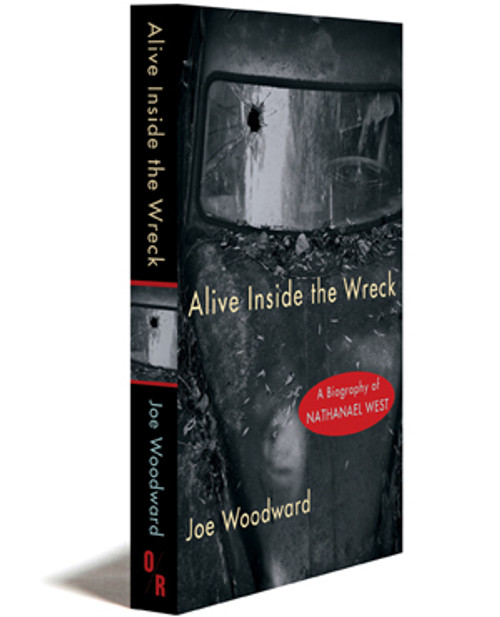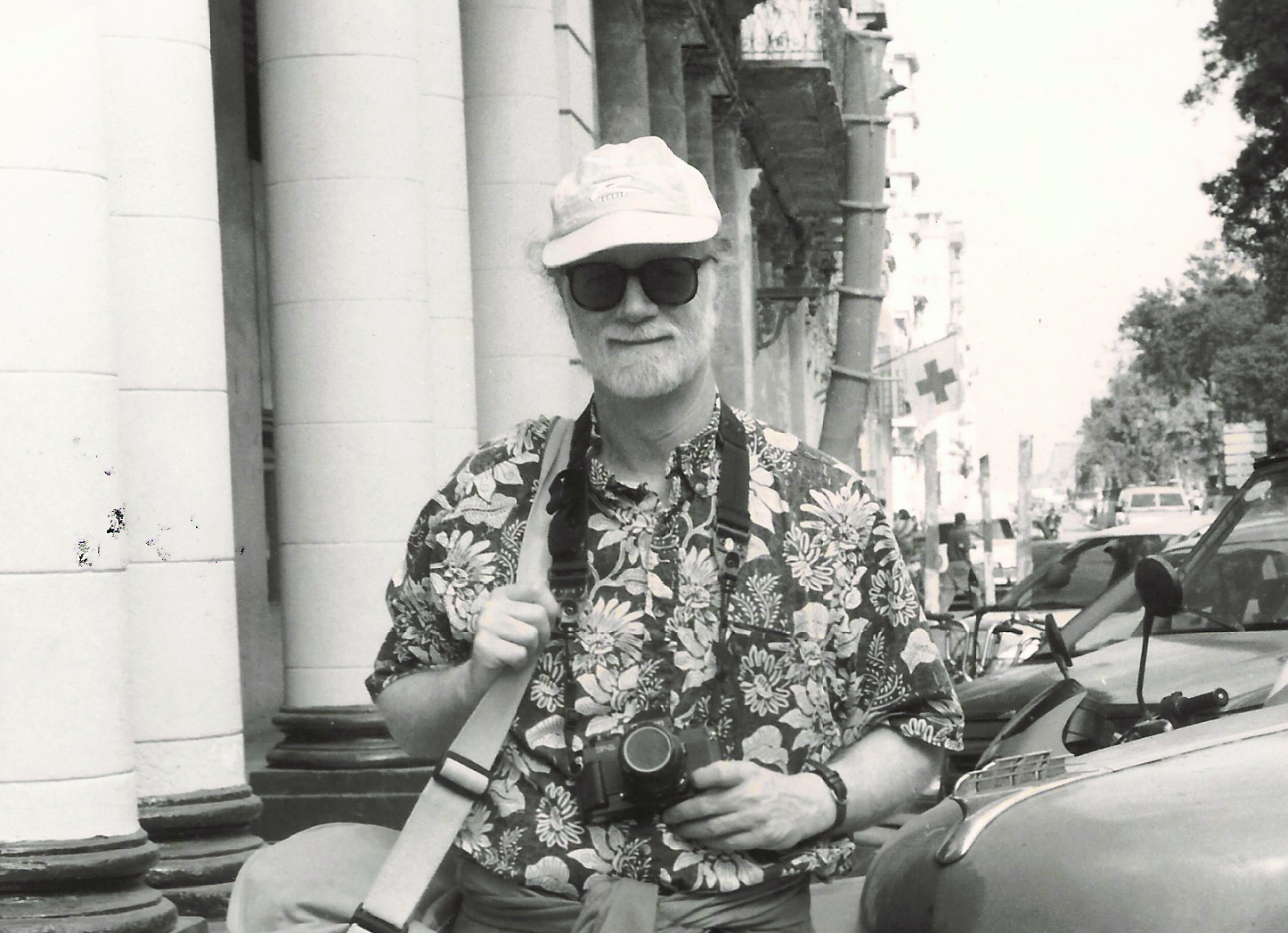Gangsterismo
"Invaluable... Colhoun has done his homework. This is a must-read"
- Margaret Randall, author of To Change the World: My Years in Cubaabout the bookabout
Gangsterismo is an extraordinary accomplishment, the most comprehensive history yet of the clash of epic forces over several decades in Cuba. It is a chronicle that touches upon deep and ongoing themes in the history of the Americas, and more specifically of the United States government, Cuba before and after the revolution, and the criminal networks known as the Mafia.
The result of 18 year's research at national archives and presidential libraries in Kansas, Maryland, Texas, and Massachusetts, here is the story of the making and unmaking of a gangster state in Cuba. In the early 1930s, mobster Meyer Lansky sowed the seeds of gangsterismo when he won Cuban strongman Fulgencio Batista's support for a mutually beneficial arrangement: the North American Mafia were to share the profits from a future colony of casinos, hotels, and nightclubs with Batista, his inner circle, and senior Cuban Army and police officers. In return, Cuban authorities allowed the Mafia to operate its establishments without interference. Over the next twenty-five years, a gangster state took root in Cuba as Batista, other corrupt Cuban politicians, and senior Cuban army and police officers got rich. All was going swimmingly until a handful of revolutionaries upended the neat arrangement: and the CIA, Cuban counterrevolutionaries, and the Mafia joined forces to attempt the overthrow of Castro.
Gangsterismo is unique in the literature on Cuba, and establishes for the first time the integral, extensive role of mobsters in the Cuban exile movement. The narrative unfolds against a broader historical backdrop of which it was a part: the confrontation between the United States and the Cuban revolution, which turned Cuba into one of the most perilous battlegrounds of the Cold War.
"The anti-communist hysteria generated by the Cold War frequently unhinged the policy judgments of US government officials in many areas, but nowhere so completely as in our relations with Cuba. This conclusion is inescapable as Gangsterismo brilliantly unravels the bizarre tale of the Mafia army the Kennedy brothers recruited in their manic determination to rid Cuba of Castro, that vexing, seemingly indomitable Communist." - Martin J. Sherwin, co-winner of the Pulitzer Prize (together with Kai Bird) for American Prometheus: The Triumph and Tragedy of J. Robert Oppenheimer
"What is shocking is not what is new, but how much that is old – already on the record in presidential and other archives, CIA and FBI files, memoirs and histories – in Jack Colhoun’s Gangsterismo. Drawing on the National Security Archives, papers and books, public and private, he damningly documents the pathetic, incompetent and sometimes comic, but always inappropriate and anti-democratic, attempts by the CIA and/or its confederates, working in tandem with members of the mob, to assassinate Castro and overthrow the Cuban revolution." - Victor S. Navasky, publisher emeritus, The Nation; professor, Columbia University Graduate School of Journalism
"Gangsterismo is an invaluable addition to our background knowledge about that small island nation that has incurred so much devotion and ire from U.S. Americans. Books about Cuba abound, but this one lays bare an often forgotten pre-revolutionary history of U.S.-based organized crime, and subsequent hidden U.S. government covert action. Colhoun has done his homework. This is a must-read." - Margaret Randall, author of To Change the World: My Years in Cuba
"Few aspects of Cuba-U.S. relations have so doggedly resisted serious inquiry as the subject of organized crime in Cuba. Much of what we know has reached us by way of popular culture, principally through film and fiction, to which the subject of the underworld in the tropics so aptly lends itself. Colhoun represents a breakthrough: serious scholarship on a serious subject. He casts light upon one of the darkest recesses of a dark history, calling attention to the convergence of interests between the underworld of criminal activity and nether world of covert operations - and reveals in the process that film and fiction have actually only scratched the surface of a sordid story." - Louis A. Pérez, Jr.editor, Cuba Journal; professor of history, University of North Carolina at Chapel Hill
About The Author / Editor
Preview
From GANGSTERISMO
August 1960, Miami: a telltale bargain was struck between exiled Cuban politician Manuel Antonio Varona and organized crime leader Meyer Lansky. Lansky, the impresario of the Mafia gambling colony in Cuba since the 1930s, had owned Havana’s Hotel Riviera and the Montmartre nightclub and their fabulous casinos.

In Cuba, Lansky was known as the "Little Man" for his five-foot-four-inch stature, but his cold, hard eyes and intense demeanor were physical expressions of a man used to wielding power and getting his way. His dream of turning Havana into a tropical paradise for North American tourists had come true. In the 1950s, Havana had a reputation for the best gambling and wildest nightlife in the Western Hemisphere. And since Lansky shared the Mafia’s profits with General Fulgencio Batista and senior Cuban army and police officers, that gambling paradise became the cornerstone of a full-fledged Cuban gangster state.
But when Fidel Castro's bearded revolutionaries drove Batista from power on New Year's Day 1959, Castro condemned the Mafia's gambling colony for corrupting Cuban values, and shut it down. The Cuban revolution brought down the curtain on the era of gangsterismo in Cuba.
in the media
Gangsterismo
"Invaluable... Colhoun has done his homework. This is a must-read"
- Margaret Randall, author of To Change the World: My Years in Cubaabout the bookabout
Gangsterismo is an extraordinary accomplishment, the most comprehensive history yet of the clash of epic forces over several decades in Cuba. It is a chronicle that touches upon deep and ongoing themes in the history of the Americas, and more specifically of the United States government, Cuba before and after the revolution, and the criminal networks known as the Mafia.
The result of 18 year's research at national archives and presidential libraries in Kansas, Maryland, Texas, and Massachusetts, here is the story of the making and unmaking of a gangster state in Cuba. In the early 1930s, mobster Meyer Lansky sowed the seeds of gangsterismo when he won Cuban strongman Fulgencio Batista's support for a mutually beneficial arrangement: the North American Mafia were to share the profits from a future colony of casinos, hotels, and nightclubs with Batista, his inner circle, and senior Cuban Army and police officers. In return, Cuban authorities allowed the Mafia to operate its establishments without interference. Over the next twenty-five years, a gangster state took root in Cuba as Batista, other corrupt Cuban politicians, and senior Cuban army and police officers got rich. All was going swimmingly until a handful of revolutionaries upended the neat arrangement: and the CIA, Cuban counterrevolutionaries, and the Mafia joined forces to attempt the overthrow of Castro.
Gangsterismo is unique in the literature on Cuba, and establishes for the first time the integral, extensive role of mobsters in the Cuban exile movement. The narrative unfolds against a broader historical backdrop of which it was a part: the confrontation between the United States and the Cuban revolution, which turned Cuba into one of the most perilous battlegrounds of the Cold War.
"The anti-communist hysteria generated by the Cold War frequently unhinged the policy judgments of US government officials in many areas, but nowhere so completely as in our relations with Cuba. This conclusion is inescapable as Gangsterismo brilliantly unravels the bizarre tale of the Mafia army the Kennedy brothers recruited in their manic determination to rid Cuba of Castro, that vexing, seemingly indomitable Communist." - Martin J. Sherwin, co-winner of the Pulitzer Prize (together with Kai Bird) for American Prometheus: The Triumph and Tragedy of J. Robert Oppenheimer
"What is shocking is not what is new, but how much that is old – already on the record in presidential and other archives, CIA and FBI files, memoirs and histories – in Jack Colhoun’s Gangsterismo. Drawing on the National Security Archives, papers and books, public and private, he damningly documents the pathetic, incompetent and sometimes comic, but always inappropriate and anti-democratic, attempts by the CIA and/or its confederates, working in tandem with members of the mob, to assassinate Castro and overthrow the Cuban revolution." - Victor S. Navasky, publisher emeritus, The Nation; professor, Columbia University Graduate School of Journalism
"Gangsterismo is an invaluable addition to our background knowledge about that small island nation that has incurred so much devotion and ire from U.S. Americans. Books about Cuba abound, but this one lays bare an often forgotten pre-revolutionary history of U.S.-based organized crime, and subsequent hidden U.S. government covert action. Colhoun has done his homework. This is a must-read." - Margaret Randall, author of To Change the World: My Years in Cuba
"Few aspects of Cuba-U.S. relations have so doggedly resisted serious inquiry as the subject of organized crime in Cuba. Much of what we know has reached us by way of popular culture, principally through film and fiction, to which the subject of the underworld in the tropics so aptly lends itself. Colhoun represents a breakthrough: serious scholarship on a serious subject. He casts light upon one of the darkest recesses of a dark history, calling attention to the convergence of interests between the underworld of criminal activity and nether world of covert operations - and reveals in the process that film and fiction have actually only scratched the surface of a sordid story." - Louis A. Pérez, Jr.editor, Cuba Journal; professor of history, University of North Carolina at Chapel Hill
About The Author / Editor
Preview
From GANGSTERISMO
August 1960, Miami: a telltale bargain was struck between exiled Cuban politician Manuel Antonio Varona and organized crime leader Meyer Lansky. Lansky, the impresario of the Mafia gambling colony in Cuba since the 1930s, had owned Havana’s Hotel Riviera and the Montmartre nightclub and their fabulous casinos.

In Cuba, Lansky was known as the "Little Man" for his five-foot-four-inch stature, but his cold, hard eyes and intense demeanor were physical expressions of a man used to wielding power and getting his way. His dream of turning Havana into a tropical paradise for North American tourists had come true. In the 1950s, Havana had a reputation for the best gambling and wildest nightlife in the Western Hemisphere. And since Lansky shared the Mafia’s profits with General Fulgencio Batista and senior Cuban army and police officers, that gambling paradise became the cornerstone of a full-fledged Cuban gangster state.
But when Fidel Castro's bearded revolutionaries drove Batista from power on New Year's Day 1959, Castro condemned the Mafia's gambling colony for corrupting Cuban values, and shut it down. The Cuban revolution brought down the curtain on the era of gangsterismo in Cuba.






